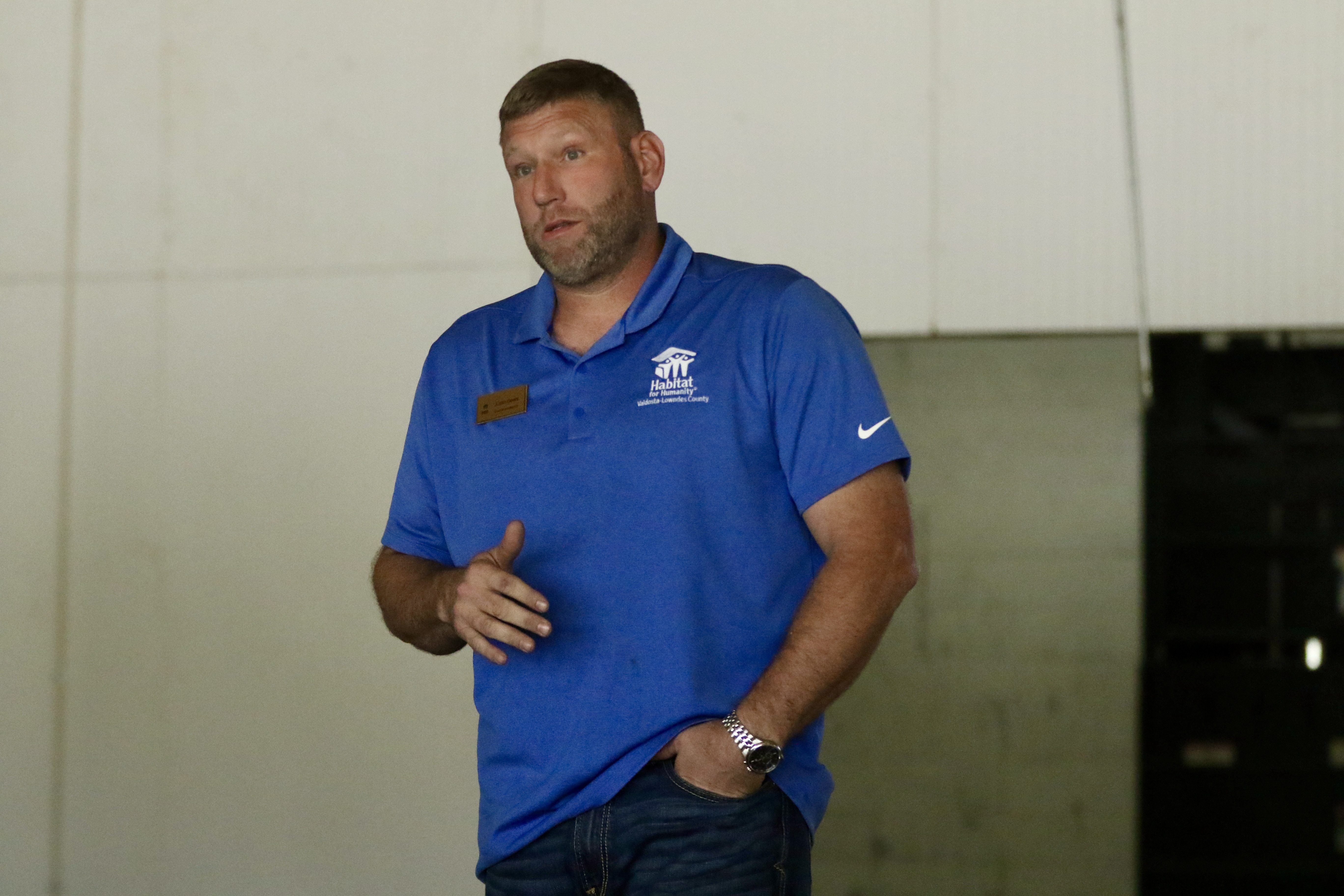GARY WISENBAKER: Of the Fourteenth Amendment and birthright citizenship
Published 7:56 am Friday, January 31, 2025

- Gary Wisenbaker
“Tell me, are you a Roman?”
Saint Paul’s affirmative response to the Roman guard’s question as recorded in Acts is one of the earliest recorded discussions regarding citizenship. Roman citizenship in the ancient world was coveted because citizenship had its benefits (in this case saving Paul’s life). And the Romans guarded it jealously. Sovereign nations do that kind of thing.
Two thousand years later a renewed debate rages over the citizenship status of children born to non-Americans, particularly illegal immigrants on American soil. This comes back in the spotlight as the result of an Executive Order signed by President Donald Trump at the dawn of his second term declaring that future children born to undocumented immigrants would no longer be treated as citizens.
Mr. Trump’s position is that the children of such noncitizens are not “subject to the jurisdiction” of the United States and thus aren’t covered by the 14th Amendment’s longstanding constitutional guarantee. But first understand that the discussion of immigration is not on the national radar because of President Donald Trump. Indeed, the policy discussions have been around for years.
That said, there’s something to defining the debate within the paradigm of the Fourteenth Amendment since the Constitution nowhere else defines citizenship. At the end of the Civil War, Congress had to address the citizenship status of the newly freed slaves. This was complicated by the antebellum Dred Scott Supreme Court decision which declared that slaves were “property” and could not, therefore, be citizens. And many states were moving to strip them of their newly granted citizenship.
The Fourteenth Amendment, ratified in 1868, was thought to settle the issue. The relevant language is straightforward: “All persons born or naturalized in the United States, and subject to the jurisdiction thereof, are citizens of the United States and of the State wherein they reside.”
The Supreme Court has rarely taken up the issue. However, in 1898 the Supreme Court in United States vs. Wong Kim Ark declared that “subject to the jurisdiction” meant “subject to the laws of the United States,” rather than “subject to the political jurisdiction of the United States.” And, therefore, recognized Wong Kim’s assertion of citizenship.
Wong Kim’s parents, however, were both on American soil as legal, though undocumented, immigrants and were subject to the jurisdiction, both legal and political, of the United States when he was born.
But what if one is on American soil illegally and, therefore, subject to deportation to their country of origin, under whose jurisdiction they are subject? Does simply being
physically here make them “subject to the jurisdiction” of the United States? The distinction is critical and the conclusion should be a straight forward “no.” That the failure of past administrations, especially the Biden-Harris administration, to take on and enforce American immigration laws has brought America porous borders and out of control illegal immigration is beyond question.
No sooner had Mr. Trump questioned the efficacy of blanket birthright citizenship than the raucous oppose-anything-Trump cabal was out in force without ever reflecting on the history of the Fourteenth Amendment and what the drafters intended to protect. While Mr. Trump cannot change the wording of the Fourteenth Amendment by executive order, he may well be able to redefine its application to our immigration and welfare laws.
We’ll see. Mr. Trump’s order has been stayed by a federal judge and the Supreme Court will no doubt get another chance to look at it after 127 years.
Gary Wisenbaker is a REALTOR© with Century 21 Realty Advisors and can be reached at gary50155@gmail.com and (912) 713-2553.





